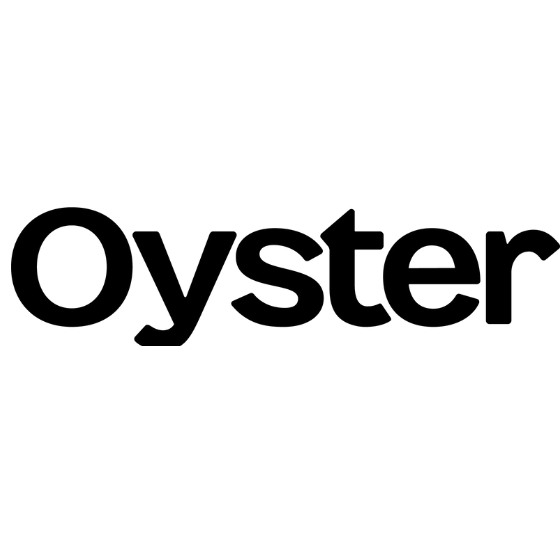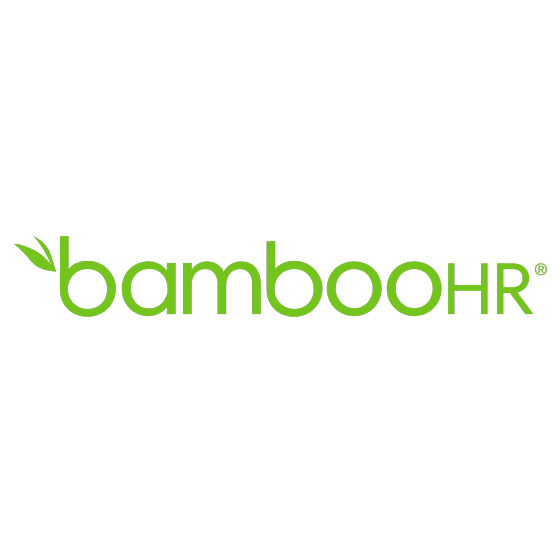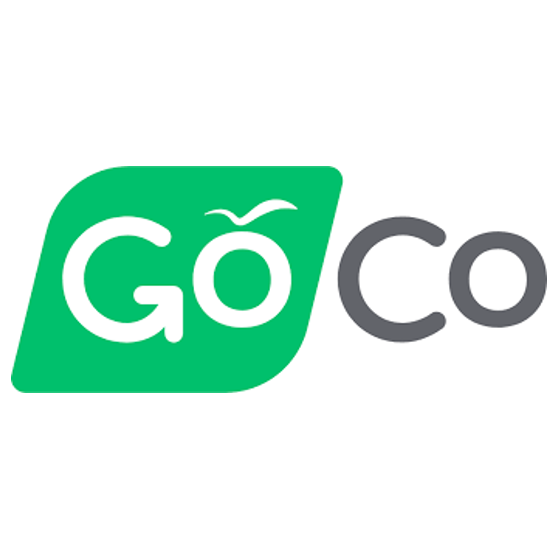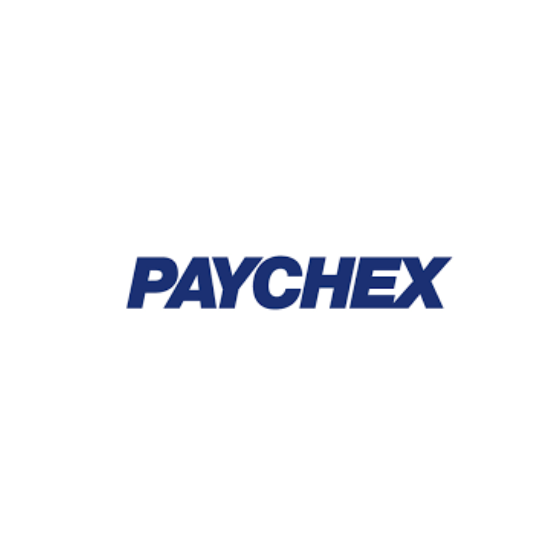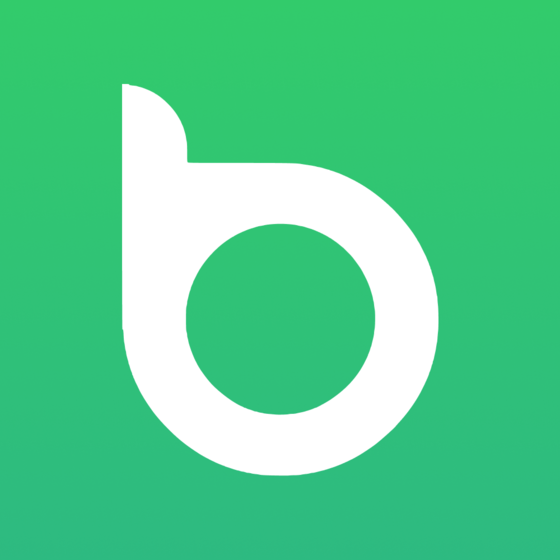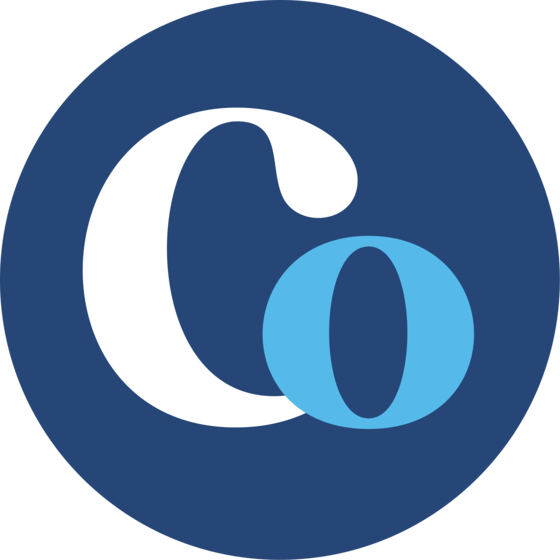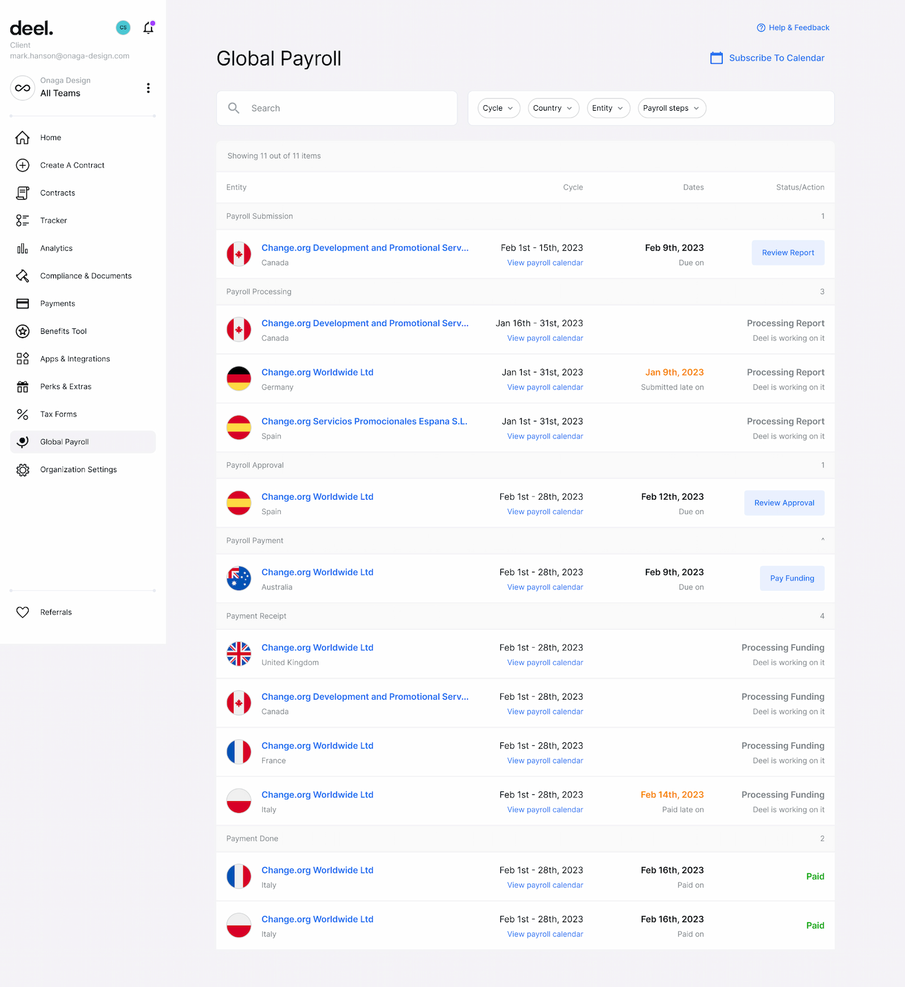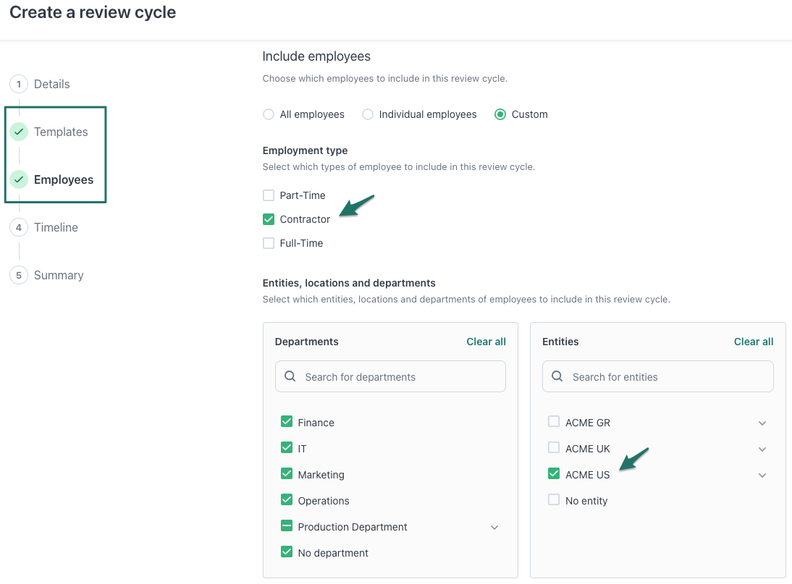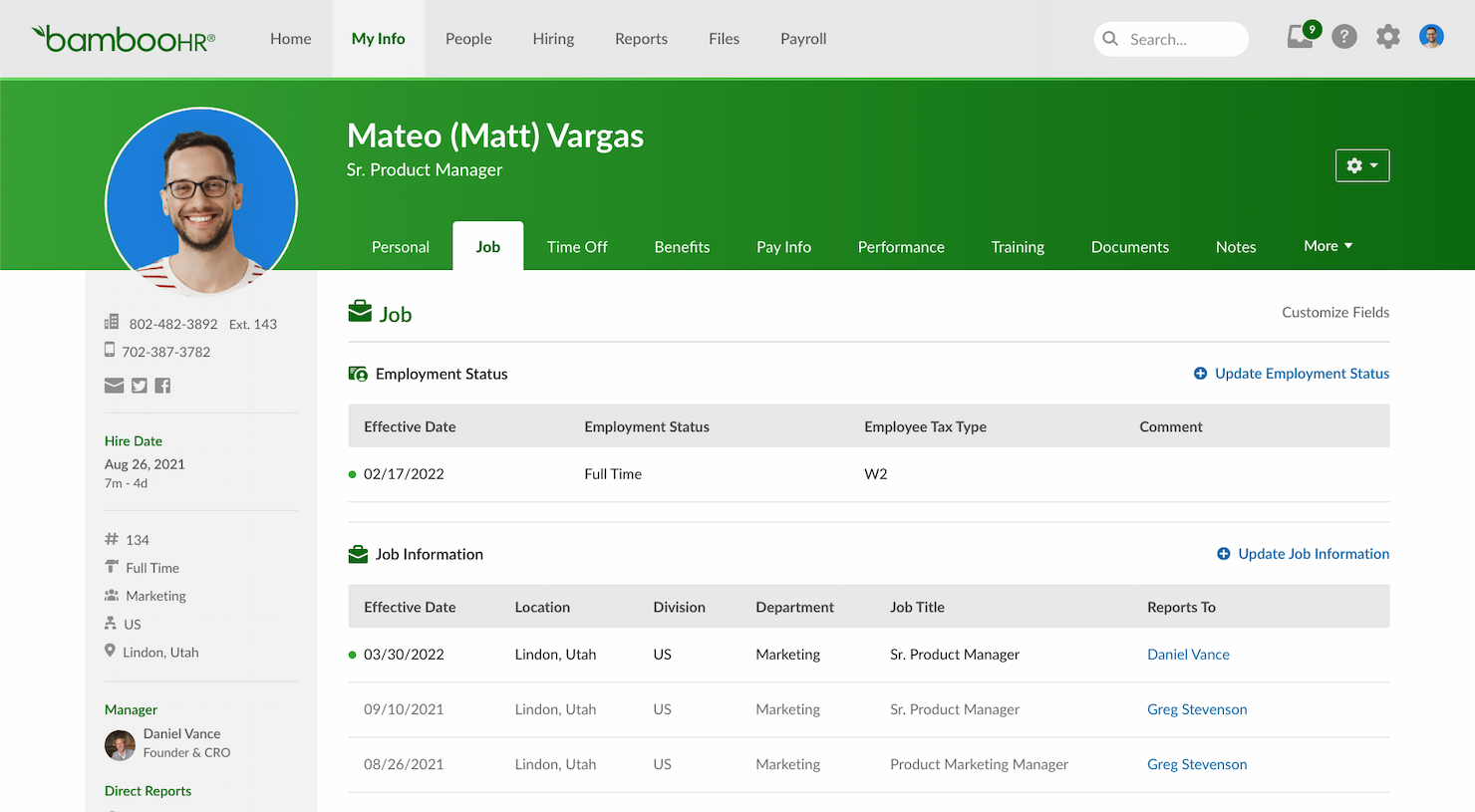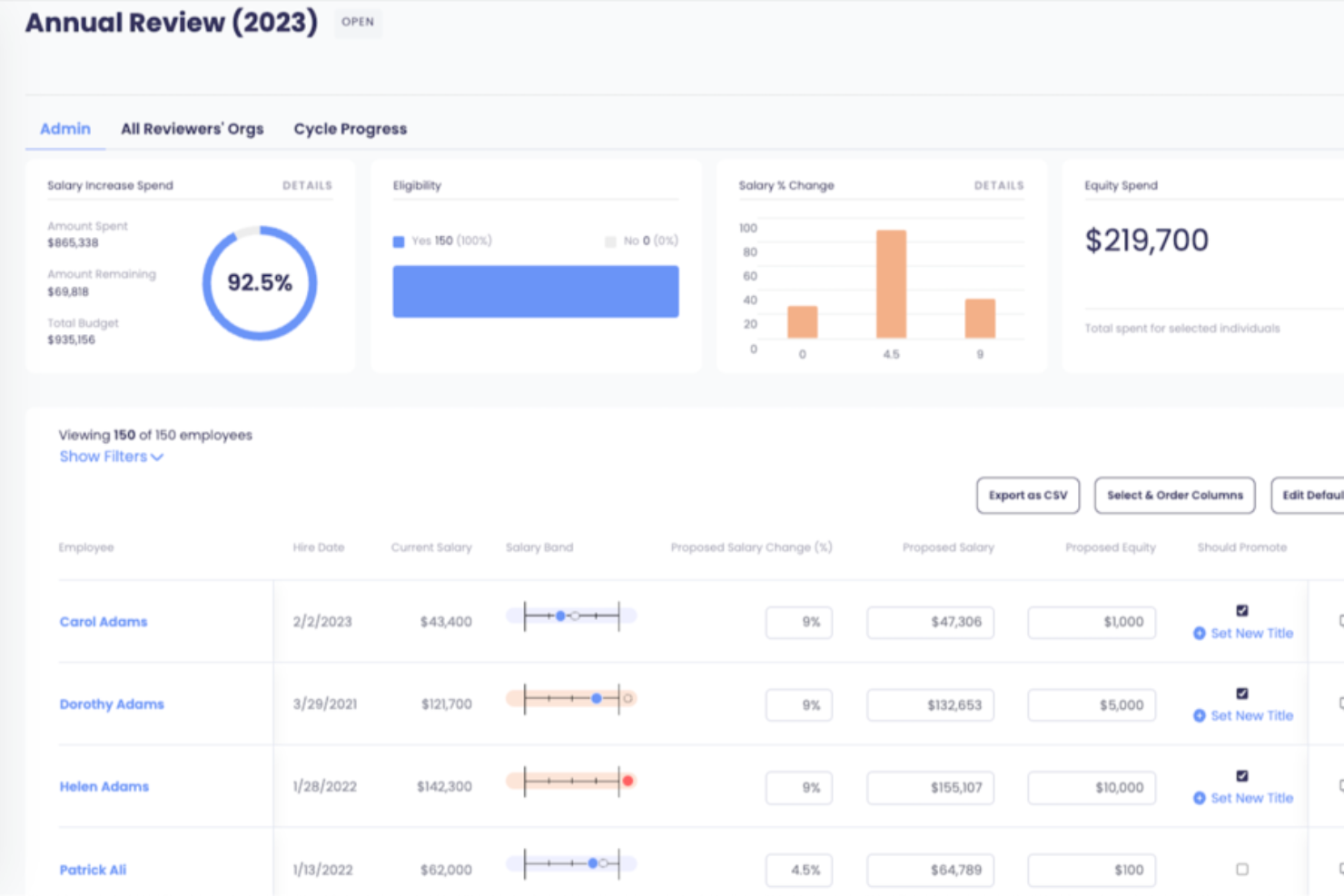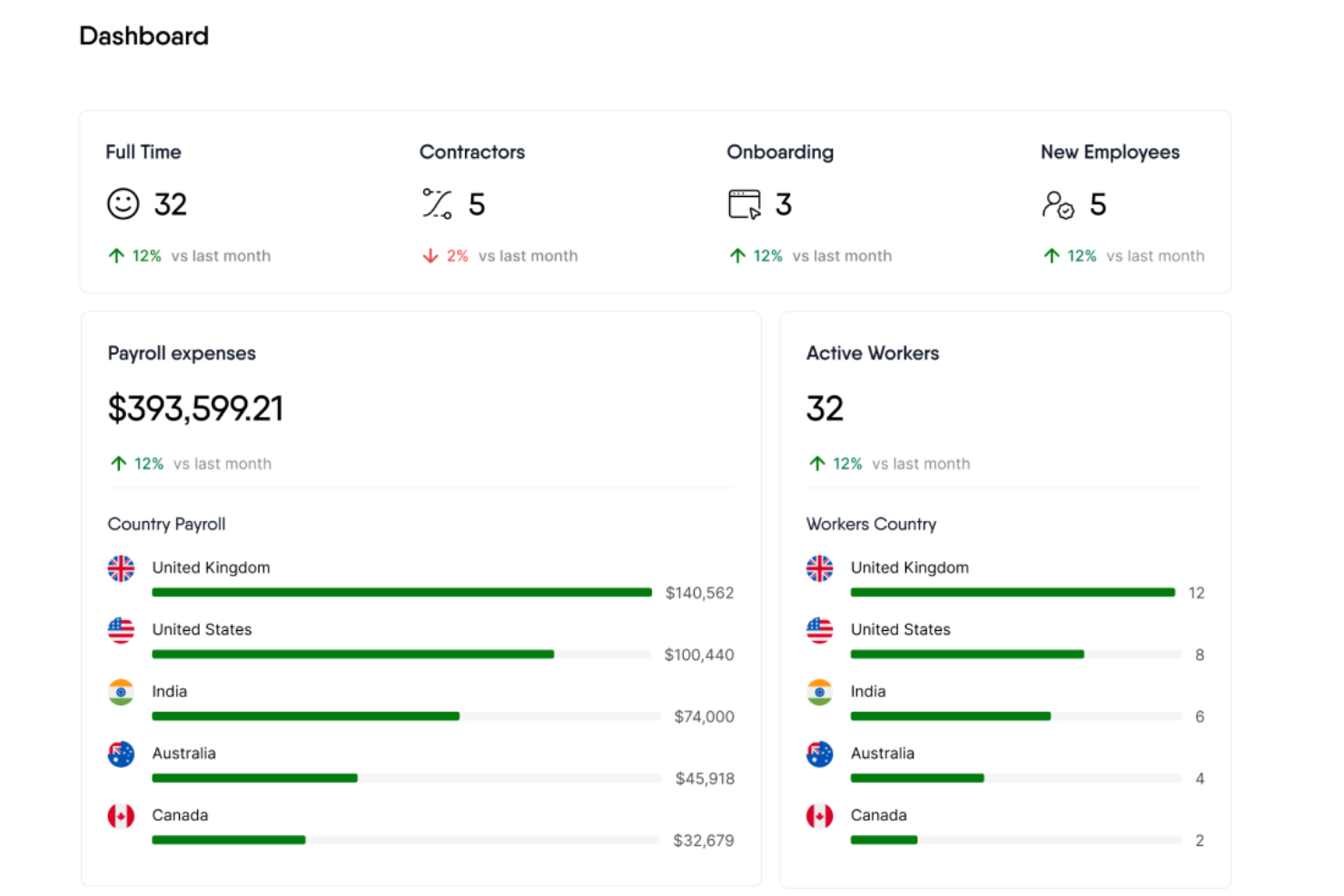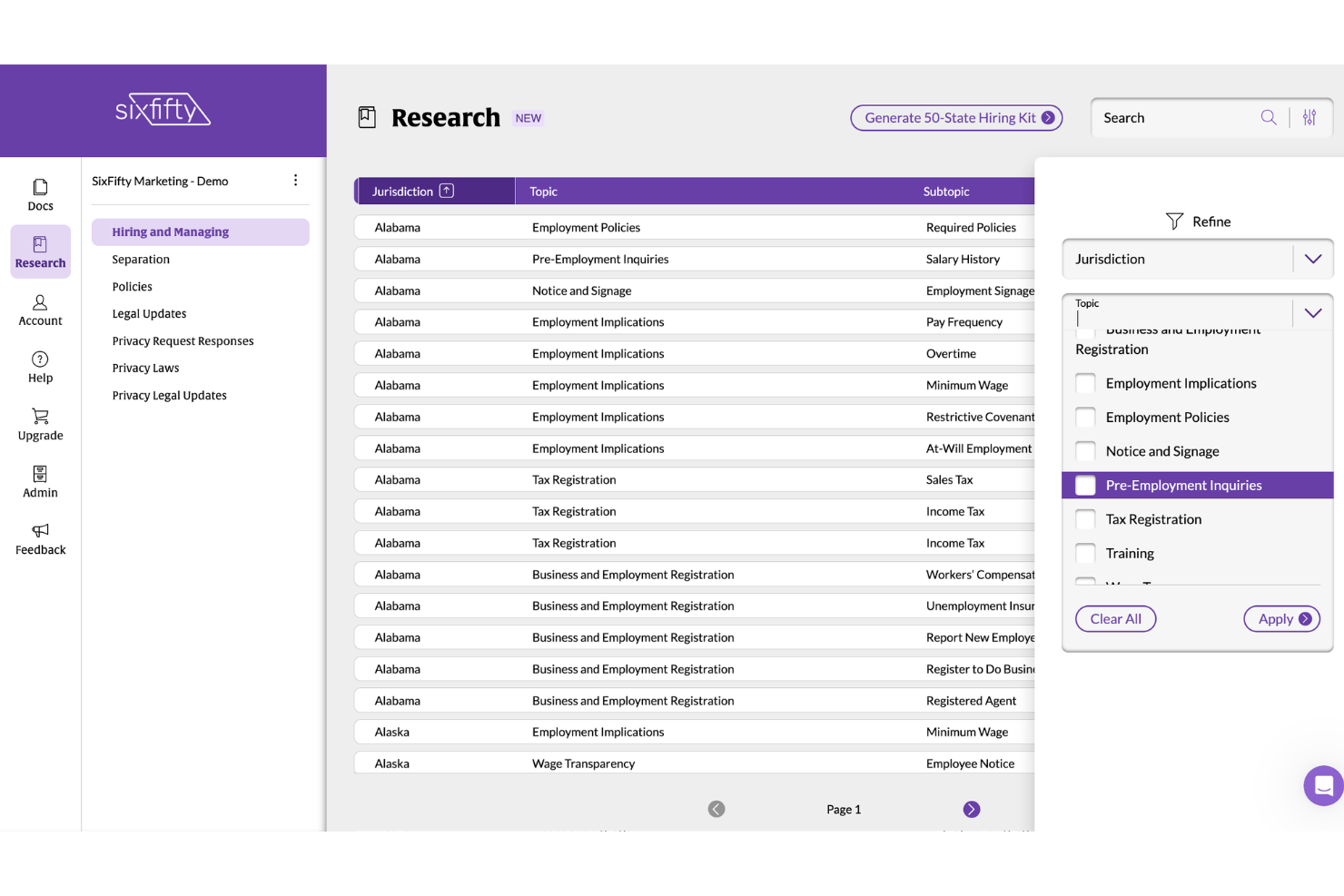10 Best HR Software for Startups Shortlist
Here's my pick of the 10 best software from the 20 tools reviewed.
Talk through what you’re looking for. Get a custom shortlist based on your needs. No fees.
As a former HR professional, I know how the right HR software will help you operate more efficiently and be better prepared for the challenges ahead.
All employee information stored safely under one roof, heaps of automations to save you time, and intuitive reporting features. Employee self service! 🙏
Drawing from my years of experience using these tools at growing organizations, I’ve reviewed some of the best HR software for startups and provide some guidance to help you find the best solution for your specific needs.
Why Trust Our HR Software Reviews
We’ve been testing and reviewing HR software and services since 2019. As HR experts ourselves, we know how critical and difficult it is to make the right decision when selecting software.
We invest in deep research to help our audience make better software purchasing decisions. We've tested more than 2,000 tools for different HR use cases and written over 1,000 comprehensive software reviews. Learn how we stay transparent, and take a look at our software review methodology.
Best HR Software for Startups: Pricing Comparison Chart
This comparison chart summarizes pricing details for my top HR software selections to help your business find the best software for your budget and startup needs.
| Tool | Best For | Trial Info | Price | ||
|---|---|---|---|---|---|
| 1 | Best for automating global hiring and compliance | Free trial + demo available | From $29/month | Website | |
| 2 | Best for global benefits management | 30-day free trial | From $25/employee/month | Website | |
| 3 | Best for customizable onboarding workflows | Free trial available | From $299/month | Website | |
| 4 | Best for rapid growth and modern employer branding | 7-day free trial | From $6.19/user/month (billed annually) | Website | |
| 5 | Best for complex startup compensation planning | Free plan available | Pricing upon request | Website | |
| 6 | Best for easy onboarding and 24/7 support | Free demo available | From $25 - $199/user/month | Website | |
| 7 | Best for legal employment document creation | Free demo available | Pricing upon request | Website | |
| 8 | Best for integrated payroll and benefits | Free demo available | Pricing upon request | Website | |
| 9 | Best for automating HR tasks and building engaged teams | Not available | Pricing upon request | Website | |
| 10 | Best for HR insights and needs assessment | Free demo available | From $39/month + $5/employee/month | Website |
-

edays
Visit WebsiteThis is an aggregated rating for this tool including ratings from Crozdesk users and ratings from other sites.4.3 -

Boon
Visit WebsiteThis is an aggregated rating for this tool including ratings from Crozdesk users and ratings from other sites.4.7 -

ClearCompany
Visit WebsiteThis is an aggregated rating for this tool including ratings from Crozdesk users and ratings from other sites.4.6
Best HR Software for Startups Reviews
Here are my detailed reviews and analyses of various HR software options for startups, including the advantages and disadvantages of each tool, its features, and optimal use cases.
Deel simplifies the process of hiring international talent and managing international payments. It handles compliance, payroll, and HR admin, allowing startups to hire the best talent in 150 countries without worrying about legal issues.
Why I picked Deel: I chose Deel for its focus on automating global hiring and compliance, which is crucial for startups looking to expand internationally. Deel simplifies the complexities of international hiring by ensuring compliance with local laws and regulations (which can be quite complicated without the right software tool.) In that respect, its automation features and ease of use stand out from other HR tools.
Standout features & integrations:
Standout features include automated onboarding, compliance management, payroll processing, and expense management. It also provides support for various currencies and payment options.
Deel integrates natively with QuickBooks, Xero, Gusto, Slack, Microsoft Teams, Google Workspace, Dropbox, Zapier, and Trello
Pros and cons
Pros:
- Supports multiple currencies
- Ensures compliance
- Simplifies international hiring
Cons:
- Limited customization
- Pricing details are not transparent
New Product Updates from Deel
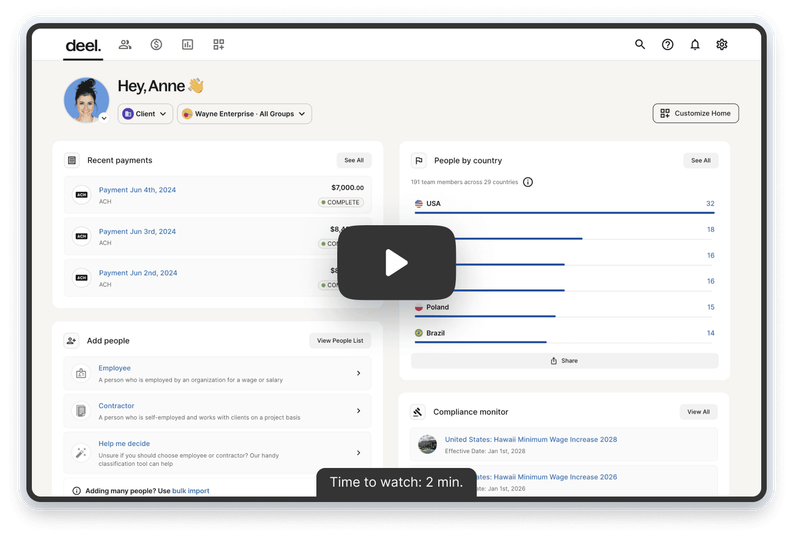
500+ New Platform Enhancements for Global Hiring and Payroll
Deel announced over 500 platform enhancements focusing on global hiring, HR, payroll, and AI-driven compliance, featuring tools for faster hiring, smarter HR management, strategic planning, and enhanced payroll flexibility. For more details, visit the source: Deel Blog.
Oyster HR is a global employment platform designed to help companies hire, pay, and manage remote employees and contractors around the world. It offers solutions for global payroll, benefits, compliance, and other HR-related tasks, making it easier for businesses to expand their workforce internationally.
Why I picked Oyster HR: Oyster HR offers a global payroll system, which allows for processing salaries, expenses, and bonuses in multiple currencies from a single dashboard. This ensures timely payments and compliance with local regulations, crucial for startups looking to expand internationally without the administrative burden. Additionally, Oyster HR offers extensive benefits management, providing access to both local and global benefits packages. I also like that the platform includes powerful automation tools that simplify HR processes from hiring to offboarding.
Standout features & integrations:
Standout features include compliance management, visa and relocation assistance, contractor conversion, country-specific employment intelligence, global and local benefits packages, global hiring guides, support for onboarding and offboarding, and employment cost calculators.
Integrations include BambooHR, QuickBooks Online, Hibob, Greenhouse ATS, Xero, NetSuite, Workday, Expensify, Asana, MS Teams, Google Sheets, Okta, Personio, Slack, Zapier, Concur, and Carta.
Pros and cons
Pros:
- Global payroll and compliance features
- Offers global and localized benefits package
- Provides insights into equity compensation strategies
Cons:
- Relies on third-party vendors in some countries, leading to potential inconsistencies
- No dedicated mobile app
New Product Updates from Oyster HR
Oyster HR Launches Direct Employment Model in Mexico
Oyster HR has launched its direct employment model in Mexico, enabling faster hiring through its local entity. Customers benefit from in-app access to various employment features. More details at Oyster Product Updates.
Workable HR is a comprehensive recruitment and HR management platform designed to cover the entire hiring process from job posting to employee management.
Why I picked Workable HR: Workable offers a robust HRIS that facilitates new hire onboarding experiences through a self-service portal. HR teams can also customize onboarding workflows, ensuring that each role has only the most relevant information to get employees started. This portal also lets new hires upload documentation and fill out the necessary information for their employee profile. Furthermore, the HRIS integrates with Workable's recruiting platform and applicant tracking system (ATS), facilitating an easier transition from applicant to new employee.
Standout features & integrations:
Standout features include customizable employee profiles, organizational charting, documentation management, an employee directory, time-off management, and e-signature collection.
Integrations include ADP, Xero, BambooHR, Greenhouse, Lever, Namely, Rippling, Sapling, and Zenefits.
Pros and cons
Pros:
- Robust automation features
- Facilitates recruitment-to-hire processes
- Onboarding portal for new hires
Cons:
- Can't run payroll without integrations
- Reporting features could be more customizable
New Product Updates from Workable HR
Customizable Performance Review Templates
Workable HR's update allows HR admins to create customizable performance review templates with open text, multi-select, and single select questions. Questions can be mandatory or optional, with individual rating scales. More details here.
BambooHR is best for rapid growth and scaling startups because it simplifies HR tasks, making them routine and easy to manage. It allows startups to focus on growing their operations while building a strong brand and internal company culture.
Why I picked BambooHR: I chose BambooHR for its user-friendly interface, professional onboarding experience, and comprehensive features that meet the specific needs of rapidly growing startups. BambooHR is ideal for fast-growing teams and enhancing employer branding, as it provides tools that help startups attract and retain top talent while building a strong employer brand and internal culture through ongoing employee engagement features.
Standout features & integrations:
Standout features include an applicant tracking system, onboarding tools, performance management, time tracking, and payroll integration. The software also provides employee experience tools to help create a positive workplace culture.
BambooHR integrates natively with the following tools: QuickBooks, Xero, Slack, G Suite, Microsoft 365, Indeed, Glassdoor, LinkedIn, and ZipRecruiter.
Pros and cons
Pros:
- Offers workplace engagement tools
- Includes an applicant tracking system and onboarding tools
- User-friendly interface
Cons:
- Limited customer support options
- Limited customization options
New Product Updates from BambooHR
BambooHR Introduces Project-Based Job Costing
BambooHR is enhancing its job costing feature to improve payroll reporting by introducing project-based breakdowns for hourly and salaried employees, available in a new Complete Summary Report and updated Journal Entry report. For more details, visit BambooHR Product Updates.
Aeqium is a compensation planning platform that helps complex, growing startups manage salaries, bonuses, and equity awards. It offers tools to design and implement compensation strategies that align with your company's goals.
Why I picked Aeqium: I picked Aeqium because it gives startups structured control over compensation decisions through features like compensation cycle management and real-time analytics. You can automate and customize review workflows to match your policies, cutting down manual work and ensuring consistency. The platform also helps you spot pay equity gaps and monitor trends with live data. This kind of visibility makes it easier to build fair, competitive compensation strategies early on.
Standout features & integrations:
Standout features include compensation bands, an employee portal, interactive offer letters, real-time data integration, customizable workflows, pay equity analysis, total rewards statements, budgeting tools, performance tracking, and compliance reporting.
Integrations include ADP Workforce Now, BambooHR, Gusto, Justworks, Paylocity, Quickbooks, Run Powered by ADP, and DocuSign.
Pros and cons
Pros:
- Pay equity modeling tools
- Customizable templates for offer letters
- Flexibility in configuring pay bands
Cons:
- No built-in ATS or recruiting tie-ins
- Limited HR analytics beyond compensation
Remofirst is a global employment services platform that offers tools for hiring and managing a global team, including global employer of record services, international payroll and invoice management, benefits management, compliance support, and customer service.
Why I picked Remofirst: Remofirst’s Employer of Record (EOR) service allows startups to quickly and legally hire remote talent from anywhere in the world without the need to establish local entities, which is often a costly and time-consuming process. Additionally, Remofirst handles all aspects of international payroll, compliance, benefits, and taxes, ensuring startups remain compliant with local labor laws while minimizing administrative burdens. The platform also offers robust onboarding processes, customizable contracts, and 24/7 support.
Standout features & integrations:
Standout features include international payroll and invoice management, benefits management, equipment provisioning, compliance, and an employee cost calculator to determine the cost of employing someone in a different country.
Integrations include ADP.
Pros and cons
Pros:
- Responsive, 24/7 customer support
- Manages legal and administrative tasks of hiring internationally
- Handles payroll in multiple countries
Cons:
- Limited integrations
- No mobile app available
SixFifty is a platform designed to automate the creation of essential legal documents required for hiring, managing, and separating from employees, ensuring compliance with federal and state laws across the United States.
Why I picked SixFifty: I like that it simplifies the process of generating compliant employment documents, including hiring kits, employment agreements, offer letters, and employee handbooks. Startups can benefit from its user-friendly interface and guided Q&A flow, which helps create customized legal documents quickly and accurately. Additionally, SixFifty’s tools for real-time legal updates and multi-state compliance ensure that startups can manage their HR needs without the burden of keeping up with constantly changing regulations.
Standout features & integrations:
Standout features include customizable templates, version control, policy library, automated employee classification, interactive state law comparison, AI-driven document generation, in-app editing, real-time collaboration tools, and federal and state law research.
Integrations include HR management systems, payroll software, legal practice management tools, document management systems, compliance tracking software, and other enterprise resource planning (ERP) solutions.
Pros and cons
Pros:
- Automated legal updates when laws change
- Helps in managing legal documents across the employee lifecycle
- Provides customizable legal document templates
Cons:
- No free trial available
- Initial setup can be time-consuming
GoCo is an all-in-one HR software platform designed to handle various HR tasks for small to medium-sized businesses. It offers a range of features including employee self-service, automated workflows, benefits management, payroll processing, time and attendance tracking, and compliance management.
Why I picked GoCo: GoCo offers a robust benefits administration system that allows employees to easily enroll in and manage their benefits online. This self-service capability not only enhances the employee experience but also reduces the workload for HR departments. Another key feature that makes GoCo ideal for startups is its integrated payroll system, which can either sync with existing payroll solutions or be used as an embedded option within the platform.
Standout features & integrations:
Standout features include talent management, time tracking, compliance management, reporting capabilities, custom workflows, automation, and AI tools.
Integrations include Slack, QuickBooks Time, Gusto, ADP Workforce Now, Zapier, 15Five, When I Work, QuickBooks Online Advanced, Paychex Flex, Greenhouse, 360Learning, Workable, JazzHR, and Checkr.
Pros and cons
Pros:
- Comprehensive benefits administration tools
- Self-service portal for employees
- Good automated workflows
Cons:
- May not be ideal for large businesses
- Lacks flexibility in customization
Charlie offers features such as onboarding, time off requests, performance reviews, engagement surveys, and HR advice. It aims to streamline HR tasks, save time on admin, and help build highly engaged teams.
Why I picked Charlie: I chose Charlie for its focus on automating HR tasks and team engagement features. Its user-friendly interface and niche features make it stand out from other HR tools. Charlie is best for automating HR tasks and documentation which not only simplifies HR processes but allows startups to focus on team engagement and performance.
Standout features & integrations:
Standout features include onboarding, time off management, performance reviews, engagement surveys, and HR advice. It also provides tools for employee recognition and document management.
Charlie integrates natively with Slack, Google Workspace, Microsoft Teams, Dropbox, Zapier, Trello, Asana, QuickBooks, Xero, and Gusto.
Pros and cons
Pros:
- Automated HR processes
- Performance and engagement tools
- User-friendly interface
Cons:
- Slight learning curve
- Limited advanced features
Paychex provides solutions for HR teams by managing payroll, benefits, and compliance with ease. It offers a full package of solutions to help companies automate important HR activities and stay current with regulatory obligations, all via a centralized platform. Plus, Paychex delivers proactive HR guidance and insights, uncovering workforce and hiring blindspots.
Why I picked Paychex: I chose Paychex for its user-friendliness, strong compliance support, and unique HR expert support. Insights and advice from experienced HR experts can help startups in needs assessment, action plan customization, and navigating relevant employment laws.
Paychex is best for HR support because it offers a full suite of HR tools and a team of experts that are not only helpful for assessing your HR needs but also ensure compliance with regulations.
Standout features & integrations:
Standout features include payroll processing, benefits administration, and HR compliance. The software also offers time tracking and employee onboarding.
Paychex integrates natively with QuickBooks, Xero, Slack, Google Workspace, Microsoft 365, Dropbox, Trello, Zapier, Greenhouse, and Lever.
Pros and cons
Pros:
- User-friendly interface
- Strong compliance support
- Functionalities such as time tracking
Cons:
- Limited customization
- Pricing details are not transparent
Other HR Software for Startups
Below is a list of additional HR software for startups that didn’t make it into my top 10 list, but are still worth checking out:
- ADP
For simplified payroll and HR for small businesses
- Rippling
For integrated HR, IT, and finance management
- Manatal
For AI-driven recruitment
- Lattice
For goal setting and tracking progress
- Peoplebox.ai
For managing goals and OKRs
- Sage Intacct
For scalable cloud-based financial and operational management
- Connecteam
For centralizing and simplifying HR processes
- ChartHop
For managing growing teams
- Topicflow
For scalable performance management
- Gusto
For affordable, automated payroll and HR for startups
Selection Criteria for HR Software for Startups
Selecting HR software for startups requires evaluating functionality and specific use cases crucial for this type of software. The criteria address buyer needs, pain points, and effective software use. Based on my research and experience with these tools, I can highlight the most important features.
Core Functionalities (25% of total score): To be considered for inclusion in this list, each solution had to fulfill these common use cases first:
- Employee onboarding
- Payroll management
- Time and attendance tracking
- Benefits administration
- Performance management
Additional Standout Features (25% of total score): To help me find the best software out of numerous available options, I also kept a keen eye out for unique features, including the following:
- Integration with other business tools
- Customizable workflows
- Advanced analytics and reporting
- Mobile app accessibility
- AI-driven insights
Usability (10% of total score): To evaluate the usability of each system, I considered the following:
- Intuitive user interface
- Drag-and-drop scheduling
- Easy navigation
- Role-based access configuration
- Minimal learning curve
Onboarding (10% of total score): To get a sense of each software provider's customer onboarding process, I considered the following factors:
- Availability of training videos
- Interactive product tours
- Chatbots for instant help
- Webinars for in-depth training
- Pre-built templates for quick setup
Customer Support (10% of total score): To evaluate the level of customer support each vendor offered, I considered the following:
- 24/7 support availability
- Multiple support channels (email, phone, chat)
- Dedicated account managers
- Comprehensive help center
- Fast response times
Value for Price (10% of total score): To gauge the value of each software, I considered the following factors:
- Competitive Pricing
- Transparent pricing models
- Flexible subscription plans
- Cost vs. feature comparison
- Discounts for startups
Customer Reviews (10% of total score): Evaluating customer reviews is the final element of my selection process, which helps me understand how well a product performs in the hands of real users. Here are the factors I considered:
- Overall satisfaction ratings
- Feedback on ease of use
- Comments on customer support quality
- Reviews on feature effectiveness
- User testimonials on ROI.
Using this assessment framework helped me identify the software that goes beyond basic requirements to offer additional value through unique features, intuitive usability, smooth onboarding, effective support, and overall value for price.
How to Choose HR Software for Startups
Figuring out the best solution is a bit of a team effort. Follow this process to help you find the best solution for your organization's requirements:
Step 1: Define Your Needs
The first step is always getting clear on your specific needs e.g. workforce composition (number, type, location) and growth plans.
Some key questions to ask at this stage:
- How many employees do we have, and how fast do we expect to grow?
- Do we have a mix of full-time, part-time, and contract workers?
- Are we hiring internationally, and do we need multi-country payroll support?
- What HR processes can be automated (e.g., onboarding, payroll, time-off tracking)?
- Do we need automated payroll runs, or will we manually approve payroll before processing?
- How do we currently handle overtime, commissions, and employee benefits?
- Does our payroll need to manage tax filings, withholdings, and statutory deductions automatically?
- Are we operating in multiple states or countries with different tax laws?
- Do we require built-in compliance updates for law changes?
- What other tools will it need to integrate with?
Best Practices:
- Involve multiple stakeholders: Gather input from HR, finance, compliance, and IT to ensure the system meets all business needs.
- Audit your current payroll process: Identify inefficiencies, compliance risks, and manual tasks that need automation.
Step 2: Research and Compare Vendors
Once needs are defined, research HR software vendors that align with your requirements.
You can use guides like this one as well as your network and HR communities.
Best Practice: Shortlist 3–5 vendors and create a vendor comparison matrix to objectively assess features, pricing, and support options.
Once you've made your shortlist, reach out and book in some live demo calls to help you assess the tool's usability, features, and the team behind it.
Step 3: Finalize Selection and Negotiate Terms
Once a vendor is chosen, review pricing plans, service-level agreements (SLAs), and contract terms.
Clarify any additional costs, such as implementation fees, tax filing charges, or user licenses, before signing.
If the software includes customer support tiers, ensure your company gets the appropriate level of assistance and be super clear about any additional support costs.
Trends in HR Software for Startups
This market is ever-changing. I analyzed numerous product updates, press releases, and release logs to identify some trends in HR software for startups and their potential impact on the industry.
- AI-Powered Recruitment Tools: AI is being used for tasks such as screening resumes and match candidates to job descriptions, reducing the time spent on manual screening. (See my list of the best AI-backed applicant tracking systems for great examples of this!)
- Remote Work Management: Tools for managing remote teams are becoming more sophisticated as Gen Z is entering the workforce and the demand for work-life balance is increasing. They offer features like time tracking and virtual collaboration, which are essential for remote work and increasingly more common.
- Data-Driven Decision Making: HR software is leveraging data analytics to inform decisions. This includes insights on employee performance and retention, forecasting hiring needs, identifying potential talent gaps, and predicting employee turnover rates.
- Wellness and Benefit Prioritization: With an increasing focus on employee well-being and long-term retention, HR software solutions now integrate features such as wellness apps, stress management tools, and platforms promoting work-life balance, alongside remote 1:1 check-ins and continuous performance management.
New And Interesting Product Updates
Some of the tools above are great at listening to their customers and release new features at a rapid rate.
Here's a summary of some of the latest features from my shortlist of the best HR software for startups.
Notable Product Update Q1 2025
Deel
In January 2025, Deel introduced several platform enhancements to boost user control and transparency.
One key update allows workers to request personal information changes directly within Deel, subject to administrative approval, ensuring data accuracy and reducing HR workload.
Additionally, U.S. employers can now generate and distribute year-end W-2 and W-3 tax forms directly from the platform, simplifying compliance with IRS deadlines.

Furthermore, the new compensation profile feature centralizes all worker compensation details, offering both employers and employees a clear view of total compensation, including base salary, variable pay, and historical changes.
Verdict: Hot
Deel's January 2025 updates effectively address critical aspects of HR and payroll management, offering automation and user-friendly features that enhance operational efficiency for businesses.
BambooHR
In Q1, BambooHR has introduced several updates to enhance user experience and streamline HR processes.
For example, the new 1:1s reminder email feature automatically sends notifications to both managers and direct reports, including 1:1 notes, cancellation reminders, and direct links to the 1:1 page in the Performance tab, ensuring consistent communication and preparation for meetings.

Additionally, the mobile benefits enrollment update allows employees to access benefits information and complete enrollment directly from their mobile devices; eligible employees receive a home screen widget in the BambooHR mobile app, guiding them through an intuitive enrollment process.
Lastly, the integration of Ask BambooHR® into the BambooHR Slack app enables employees to ask HR-related questions within Slack and receive AI-assisted responses derived from HRIS data and company policy documents.
These updates significantly enhance operational efficiency by automating meeting reminders, simplifying benefits enrollment, and providing instant access to HR information, thereby improving overall employee engagement and satisfaction.
Verdict: Hot
BambooHR's recent enhancements effectively address key aspects of HR management, offering automation and user-friendly features that streamline processes and enhance employee experience.
Rippling
In January 2025, Rippling announced several platform enhancements designed to streamline business operations and expand global reach.
For example, the introduction of Workflow Studio allows businesses to automate tasks across various departments, utilizing real-time triggers, precise scheduling, and multi-step workflows with conditional logic.
Additionally, Rippling Recruiting now standardizes candidate location data, enabling faster candidate rediscovery and improved location-based analytics.
Furthermore, Rippling expanded its Employer of Record (EOR) services to five new countries—Argentina, Belgium, Hong Kong, Indonesia, and South Africa—allowing companies to compliantly hire, pay, and manage employees in these regions.
Verdict: Warm
While not groundbreaking, Rippling's January 2025 updates effectively address operational challenges, offering automation and global capabilities that enhance business efficiency and scalability.
What is HR Software for Startups?
HR software for startups is designed to help manage various HR functions such as recruitment, onboarding, payroll, benefits administration, training, and performance management.
Key components include applicant tracking, employee databases, payroll processing, benefits management, and performance evaluation, all aimed at streamlining HR processes, ensuring compliance, and improving efficiency in managing a growing workforce.
Key Features of HR Software for Startups
When selecting HR software for startups, focus on features that support growth, efficiency, flexibility, and employee satisfaction. Here are the most important features to consider:
- Employee Onboarding: Automated document signing and management simplify the process of integrating new hires into the company, helping ensure new employees can get productive from day one.
- Payroll Management: Automates salary calculations and disbursements, reducing errors and ensuring timely payments.
- Time and Attendance Tracking: Monitors employee work hours and attendance, helping to manage workforce productivity and compliance with labor laws.
- Performance Management: Tracks and evaluates employee performance, aiding in identifying top performers and areas needing improvement.
- Benefits Administration: Portals for employee enrolment in benefits such as health insurance and retirement plans.
- Employee Self-Service: Allows employees to access and manage their personal information, reducing the administrative burden on HR staff.
- Recruitment and Applicant Tracking: Streamlines the hiring process from job posting to candidate selection to making an offer, creating a better hiring experience for everyone involved.
- Compliance Management: Automatic updates and reminders help ensure adherence to changing labor laws and regulations, minimizing the risk of legal issues and penalties.
- Reporting and Analytics: Provides insights through data analysis and reporting. This supports informed decision-making and strategic planning.
- Integration Capabilities: Allows the software to work seamlessly with other business tools. This ensures a cohesive and efficient workflow across different departments.
If you're looking for a new system primarily for payroll functions, you may want to consider researching payroll platforms for startups too.
Benefits of HR Software for Startups
Leveraging HR software tools is an effective way to alleviate administrative tasks and manage your workforce more efficiently. Here are several benefits that HR software offers for startups:
- Time Savings: Automating routine HR tasks such as payroll, attendance tracking, and employee onboarding saves significant time, allowing HR teams to focus on more strategic initiatives.
- Improved Compliance: HR software helps ensure that startups adhere to labor laws and regulations by providing timely updates and maintaining accurate records, reducing the risk of legal issues.
- Enhanced Employee Experience: By streamlining processes like leave requests and performance management, HR software improves the overall employee experience, leading to higher satisfaction and retention rates.
- Data-Driven Decisions: Access to real-time analytics and reporting enables startups to make informed decisions about their workforce, from hiring to upskilling.
- Scalability: As startups grow, HR software can easily scale to accommodate an increasing number of employees, ensuring that HR processes remain efficient and effective.
Investing in HR software gives startups the tools to manage their workforce effectively, ensure compliance, improve employee satisfaction, and support growth.
Costs & Pricing for HR Software for Startups
HR software for startups typically comes in various plans tailored to different needs and budgets.
Understanding the costs and pricing options for HR software can be challenging, especially for those new to the market.
Below is a table summarizing common plan types, their average prices, and typical features.
Plan Comparison Table for HR Software for Startups
| Plan Type | Average Price | Common Features |
| Free | $0 | Basic employee records, limited user access, and basic reporting |
| Basic | $30-$50/month + $5-$10/employee | Employee records, payroll processing, basic compliance tools, and limited support |
| Mid-Level | $50-$100/month + $5-$15/employee | Advanced payroll, benefits administration, compliance support, and employee self-service portals |
| Premium | $100-$250/month + $10-$25/employee | Comprehensive HR management, advanced analytics, AI-driven features, extensive integrations, and 24/7 support |
| Enterprise | Custom Pricing | Full customization, dedicated support, extensive integrations, and advanced security features |
Each plan caters to different needs: free and basic plans suit small teams, mid-level and premium plans offer advanced features for growing businesses, and enterprise plans provide extensive customization and support for larger startups with complex requirements.
HR Software for Startups FAQs
Here are some of the commonly asked questions about HR software for startups:
Can HR software help with compliance and legal requirements?
How can HR software improve employee onboarding?
What kind of support and training is available for HR software?
How secure is HR software in terms of data protection?
Can HR software help with employee engagement and retention?
What are the options for customizing the HR software to fit our startup's unique processes and workflows?
Can the HR software be customized to match our company culture?
Is the HR software regularly updated to include new features and improvements?
What’s Next?
To remain up to date on all the latest in people management, subscribe to our newsletter for leaders and managers. You'll receive insights and offerings tailored to leaders and HR professionals straight to your inbox.



